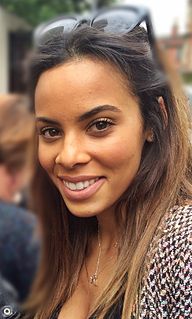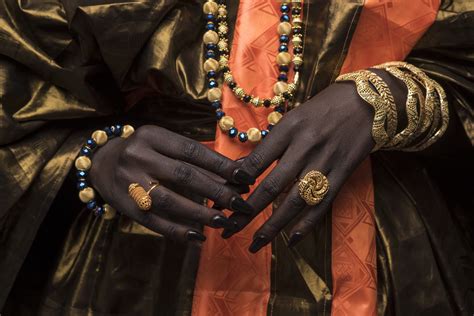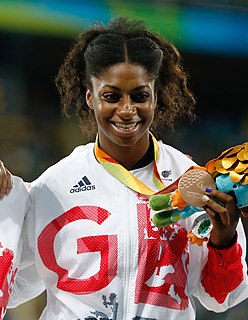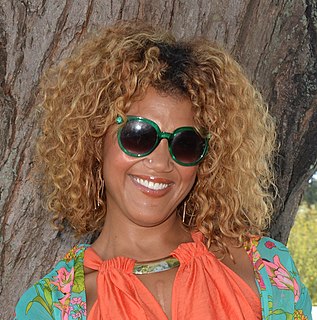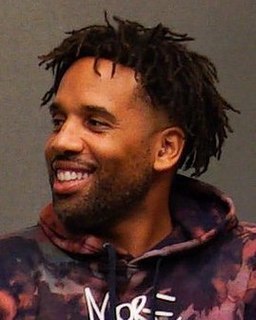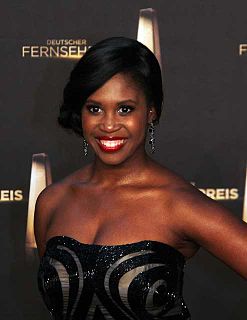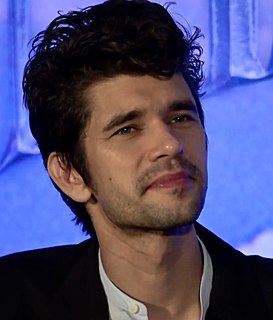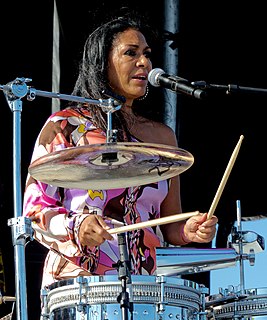A Quote by Sam Esmail
I think people are more than their heritage or their skin colour or their name or how they grew up.
Related Quotes
The Transportation Security Administration has probably converted more people to Islam than any religious order in the last 100 years. It doesn't matter how you choose to self-identify or even if your religiosity is private; when you get to the airport you know how you're going to be treated based on your name. Possibly also because of the colour of your skin and the colour of your passport.
People are fooled by the colour of my skin. I grew up on the north side of Fredericton in a Celtic culture with an Acadian choir. Don't let the black fool you. I'm actually quite white. When people give me permission to do anything, I simply say, "I would have taken it anyway, but I appreciate you thinking I care what you think." I don't do it with a sense of belligerence. I really do mean well.
Warsan means "good news" and Shire means "to gather in one place". My parents named me after my father's mother, my grandmother. Growing up, I absolutely wanted a name that was easier to pronounce, more common, prettier. But then I grew up and understood the power of a name, the beauty that comes in understanding how your name has affected who you are.
I don’t think that actors are necessarily any more uncomfortable in their skin than anyone else. I suppose I feel more comfortable in my skin now, but you’re always playing a character, aren’t you? You tell different versions of yourself to different people and vice versa. Here, or in the photo shoot or wherever, it’s a representation of you. It’s not you-you. That’s how you get through it.
I mean, I've always felt like a lot of people's misconceptions of me have to do with how I grew up. I grew up poor, and I grew up rich. I think some people who have never met me have a misconception that when I was living with my father when he was successful, that I was somehow adversely affected by his success or the money he had and was making at the time.
What I want is to talk about how someone raised Muslim struggles with the same stuff that everyone else theoretically could. Obviously, the particulars are different, but everybody can sympathize with being forced to answer for their identity, the colour of their skin or their religion. A lot of people struggle with mental illness or romance or failed marriages - these are all parts of my own struggle. I read them through the lens of Islam because that's the particular language I grew up in, but the grammar is universal.
That's how we grew up - kinda like Pops would put his drums, his percussion and instruments into the car and we would just go to a facility in the Bay Area and he would say to us, 'You think we have it bad? There are people worse off than we are. Let's go give back to the kids.' And that's how we grew up.


